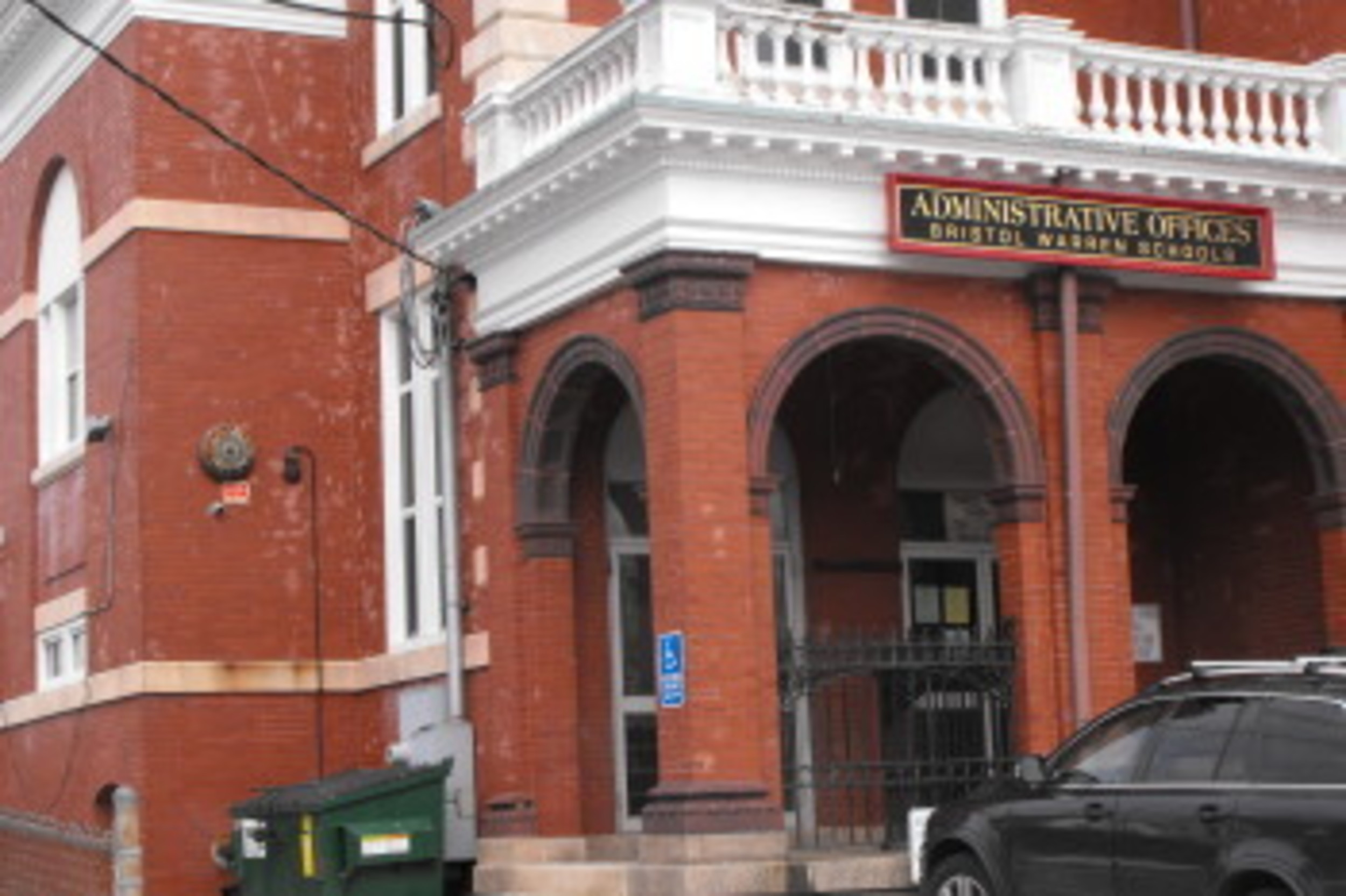Warren’s school debt to increase with larger share looming in 2014
Already $416,129 in default on their fair share of the 2012-2013 Bristol Warren Regional School District budget, the Town of Warren should brace for another financial hardship when it faces a 10 percent increase in its share for the 2013-2014 school …
This item is available in full to subscribers.
Please log in to continue |
Register to post eventsIf you'd like to post an event to our calendar, you can create a free account by clicking here. Note that free accounts do not have access to our subscriber-only content. |
Day pass subscribers
Are you a day pass subscriber who needs to log in? Click here to continue.
Warren’s school debt to increase with larger share looming in 2014
Already $416,129 in default on their fair share of the 2012-2013 Bristol Warren Regional School District budget, the Town of Warren should brace for another financial hardship when it faces a 10 percent increase in its share for the 2013-2014 school year. That was the message delivered to the Joint Finance Committee on Wednesday by Bristol Warren School Committee chairman, Paul Silva.
The school district’s calculations while in the “infant stages” of budgeting found that the Town of Warren will face a $1,161,016 increase in its share of educating students under the assumptions that the school budget does not change, state aid is not reduced and other “intangibles” do not affect operating costs to the district.
The figures are based on enrollment numbers as of Oct. 1, 2013, when the district had a total of 3,424 students enrolled in its schools. Of those, 1,304 were Warren residents, 112 more than last year on the same date. Bristol residents accounted for 2,120 students, 129 fewer students than last year. That town should expect a $1.2 million savings due to fewer school-age students attending public school.
When the school district discovered the swing in residency enrollment, it requested the Nov. 13 meeting to inform the JFC of its findings, and of the potential financial impact it will have on the two towns.
“It’s a major issue to know,” Mr. Silva told the JFC members. “It’s a perfect storm, so to speak.”
Upon learning of the enrollment numbers and the financial impact it will bring, members representing Warren on the JFC looked for flaws in the numbers compiled by school district treasurer and director of administration, Pauline Silva.
Cathie Tattrie questioned the disparity in the October numbers she downloaded from the Rhode Island Department of Education website and those presented by the school district.
“Actual enrollment fluctuates daily and is reported to the Department of Education daily,” Ms. Silva explained.
However, as established in the enabling legislation for the regionalized district, it is the enrollment number as of Oct. 1 that is used for the funding formula.
Town administrator Thomas Gordon requested additional information with regard to the number of students who reside in either Bristol or Warren and identify which schools they attend.
With two Title 1 schools in the district, each providing educational services for students with special learning needs, that breakdown would not effectively lower Warren’s higher enrollment.
“You can either curse the darkness or light a candle,” said JFC chairman, Nathan Calouro after the meeting. “There are a lot of things that don’t work.”
As the JFC members mulled over the potential effect of the enrollment numbers, their conversation turned to improving the “clunky” enabling legislation.
Bristol Town Council Vice Chairman, Halsey Herreshoff, suggested getting the assistance from the General Assembly to adopt a “smoothing factor,” based on enrollment over a period of years rather that each year as of Oct. 1.
“If such a policy is a possibility I think we need to do a little mathematical analysis. We need to smooth it out,” Mr. Herreshoff said.
Bristol Town Council chairwoman, Mary Parella, agreed.
“Maybe it doesn’t get changed in one fell swoop, but over time,” she said.
Ms. Tattrie expressed her concern that even if the fluctuations were “smoothed,” Warren currently lacks the taxing structure and ability to pay their share.
“I don’t know what solves Warren’s issue but a lot of things need to get addressed,” Ms. Parella said.
School committee member Marjorie McBride reminded those present of Education Commissioner, Deborah Gist’s, observation that the communities of Bristol and Warren are the next to lowest in the state regarding the percentage of taxes that goes toward education. And because of that, the towns could expect no relief from the state.
With the information provided, the Joint Finance Committee decided to reconvene on Wednesday, Dec. 11 to continue their discussion on changing the enabling legislation.
“This is a horrible trend,” Mr. Calouro said of the fluctuations between the towns. “It’s a bad one, but it is what it is.”






